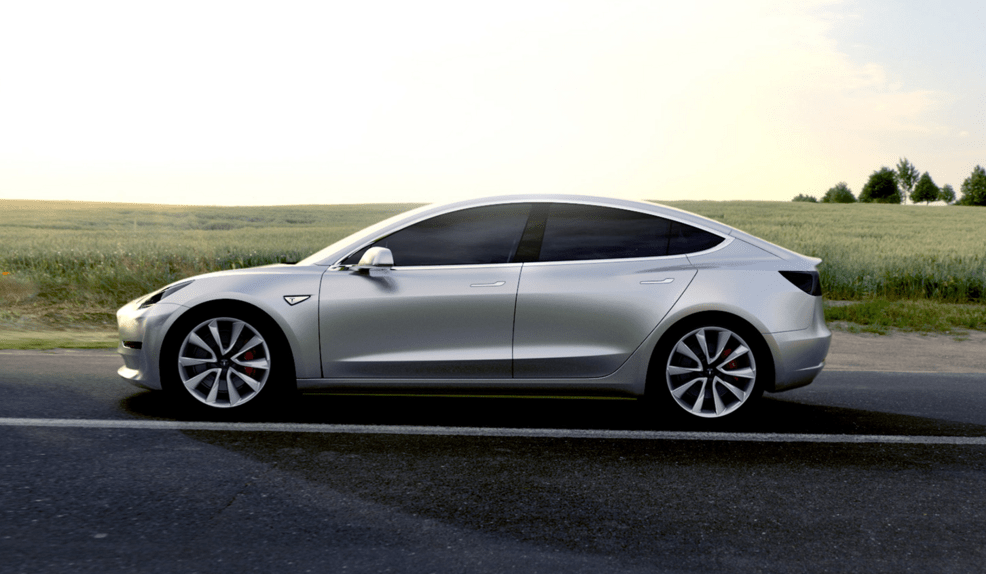When Elon Musk introduced the Model 3 last year, the excitement was palpable; hardly a surprise given that Tesla enthusiasts had been waiting years to see what the company’s more affordable version of the Model S was going to look like. And with a pricepoint of just $35,000, reservations for Tesla’s mass market EV began skyrocketing almost immediately.
Just 24 hours after the Model 3 was introduced to the world, Musk indicated that the cumulative number of reservations had surpassed 180,000. About 12 hours after that, Musk took to Twitter and said that the number of Model 3 reservations — which require a refundable $1,000 deposit — had reached 276,000.
A few weeks later, word surfaced that Model 3 reservations were approaching 400,000 and that the car was effectively sold out through mid-2018. In fact, with so many pre-orders on the books, there’s a strong chance that anyone who puts an order in for a Model 3 today won’t receive the car until late 2018 at the absolute earliest.
Since then, Tesla has been unusually quiet about the ebb and flow of Model 3 reservations. Earlier this week, however, Elon Musk during Tesla’s recent earnings conference call shed a bit of light as to the current state of Model 3 demand.
In a telling statement, Musk said that Model 3 “reservations continue to climb week after week.” That’s quite an impressive feat, especially given that Tesla, as Musk proudly pointed out, has done no advertising for the car and provides no test drives.
If you come into our stores and you want to buy a Model 3, you could buy a Model S or Model X instead. We antisell the Model 3. But our net reservations continue to climb week after week. No advertising, antiselling, nothing to test drive, still grows every week.
On a related note, Tesla this week affirmed that mass production is still on track to begin in July. Later this year, Tesla is aiming to manufacture 5,000 Model 3 vehicles per week, with that number set to increase to 10,000 later in 2018. Indeed, the biggest question surrounding the Model 3 doesn’t seem to be whether or not consumers are interested; clearly that’s not an issue. Rather, the million dollar question is whether or not Tesla, which has a long history of missing deadlines, can actually deliver the Model 3 on time and fast enough to meet staggering demand.








